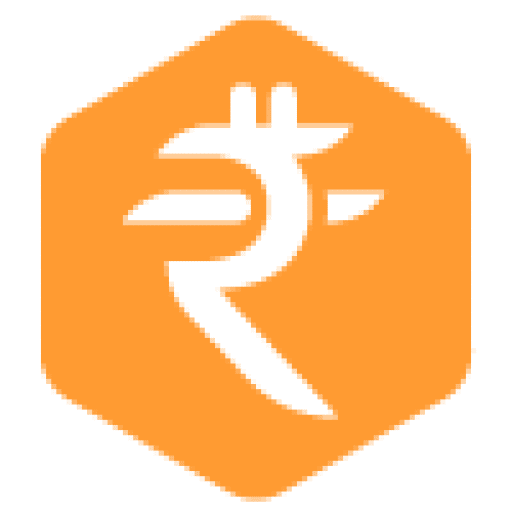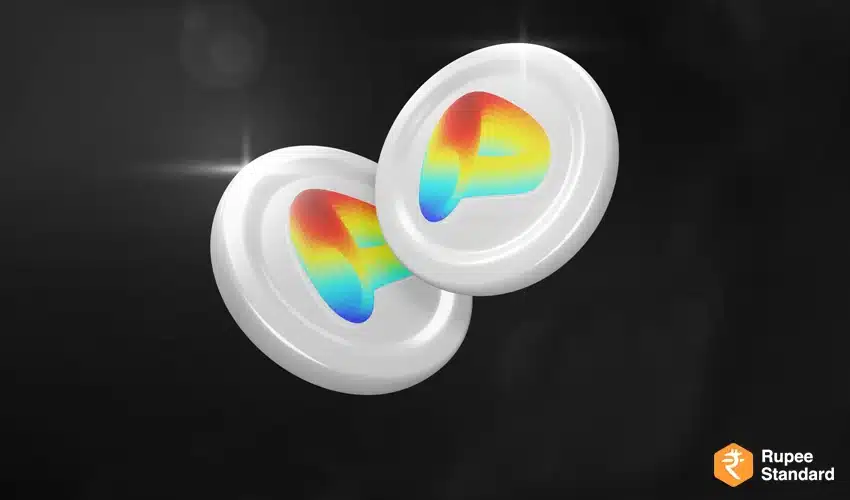Olympus DAO (OHM)
Olympus DAO (OHM) is a decentralized reserve currency built on the Ethereum blockchain. It aims to provide a store of value that is not tied to any traditional asset or currency.
OHM holders participate in the governance of the protocol, influencing decisions related to the monetary policy and development of the Olympus ecosystem.
Curve DAO (CRV)
Curve DAO (CRV) is the governance token of the Curve Finance platform. Curve Finance is a decentralized exchange (DEX) focused on stablecoin trading, providing low-slippage trades for assets like USDT, USDC, DAI, and others.
CRV holders can participate in voting on protocol upgrades, parameter adjustments, and fee distribution.
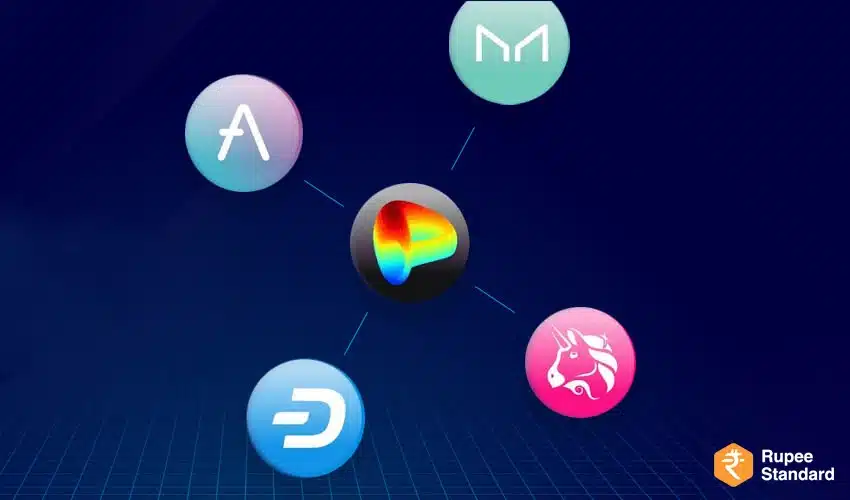
OOKI Token
OOKI Token is the native utility token of OOKI, a decentralized ecosystem that aims to revolutionize the gaming and NFT markets. OOKI Token holders can access various features within the platform, such as staking, governance participation, and rewards.
Additionally, OOKI Token is used for in-game purchases and as a means of exchange for digital assets.
IDO Token
IDO Token represents the native token of an Initial DEX Offering (IDO) platform, which facilitates the launch of new tokens and projects on decentralized exchanges.
IDO Token holders often enjoy benefits such as priority access to token sales, governance rights, and potential rewards within the IDO platform ecosystem.
Lido DAO Token
Lido DAO Token (LDO) is the governance token of Lido, a decentralized protocol that enables staking of Ethereum 2.0 tokens (ETH2).
LDO holders participate in the governance of the Lido DAO, which includes decisions related to protocol upgrades, fee structures, and additional asset support.
CULT Token
CULT Token is the native token of a decentralized community-driven platform focused on cultural investments and creative collaborations. CULT Token holders can participate in governance, decision-making processes, and receive rewards within the ecosystem.
The token is designed to empower artists, creators, and cultural enthusiasts to shape the direction of the platform.
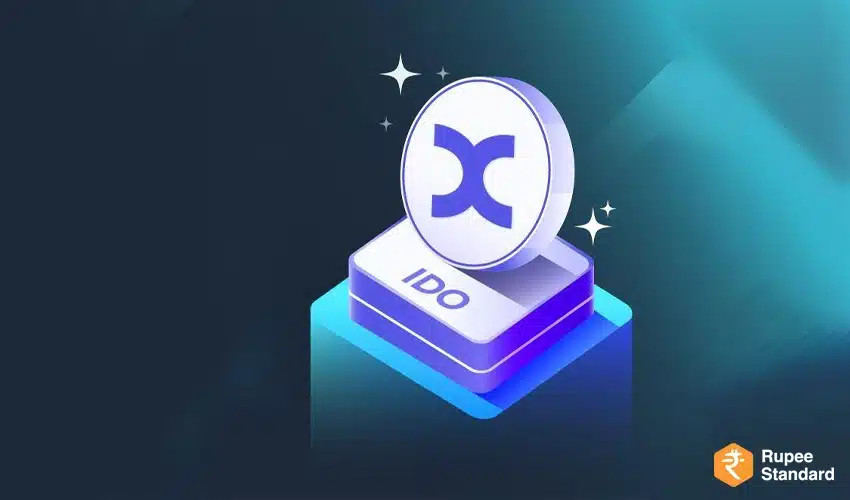
What is DAO?
DAO stands for Decentralized Autonomous Organization. It refers to an organization or entity that operates based on smart contracts and blockchain technology, with decisions made through a decentralized governance process.
In a DAO, decision-making power and control are distributed among token holders, who participate in voting and influence the direction and actions of the organization.
Features of a DAO
There are several distinct features that define the dynamics and nature of DAO. Following are all the essential characteristics of DAO that you must know about:
- Decentralization
- Autonomy
- Governance
- Transparency
- Trustlessness
Decentralization
DAO is designed to be decentralized, meaning there is no central authority or single entity that governs the organization. Decision-making power is distributed among token holders or stakeholders.
Autonomy
The DAO system aims to operate autonomously, meaning they are self-executing and self-governing. Smart contracts, coded rules, and protocols enable the organization to function without human intervention for routine operations.
Governance
DAOs utilize token-based governance systems, where token holders can participate in decision-making processes. Voting mechanisms allow stakeholders to influence the direction, policies, and actions of the organization.
Transparency
They typically operate on public blockchains, which provide transparency and immutability. All transactions, voting records, and governance activities are visible to participants, ensuring accountability and trust.
Trustlessness
It is known that DAOs leverage blockchain technology to eliminate the need for trust between participants. Smart contracts and decentralized consensus mechanisms ensure that the rules and operations of the organization are enforced without relying on centralized authorities.
DAOs can be used for a wide range of purposes, including decentralized finance (DeFi), decentralized governance, investment funds, collective decision-making, and more.
They provide an alternative organizational structure that aims to reduce reliance on intermediaries, enhance transparency, and foster community-driven participation.
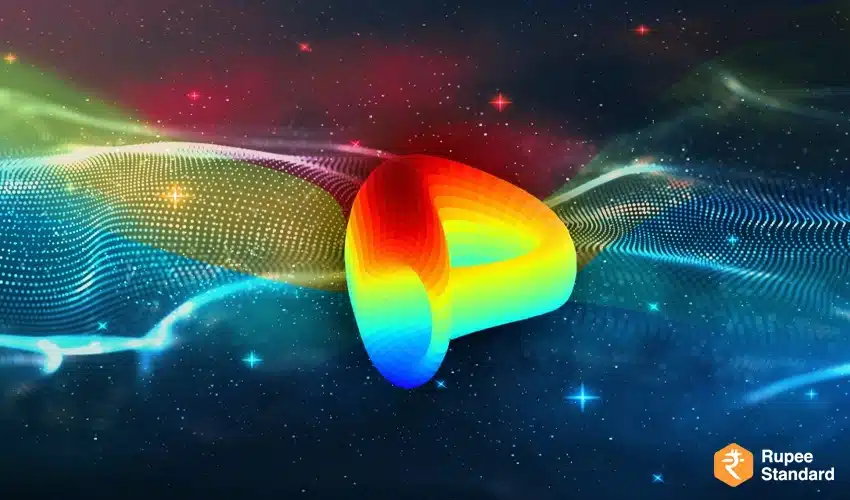
DAO Tokens: Delve into the world of decentralized currencies
DAO tokens play a crucial role in decentralized autonomous organizations. They offer holders governance rights, utility, and participation in decision-making processes.
Olympus DAO, Curve DAO, OOKI Token, IDO Token, Lido DAO Token, and CULT Token are just a few examples of the diverse range of DAO tokens that exist in the cryptocurrency landscape.
As the popularity of decentralized finance and DAOs continues to grow, these tokens provide users with unique opportunities to engage with decentralized ecosystems.
Not only that but it also enables them to contribute to governance, and potentially reap the rewards of their participation. It is important to conduct thorough research and understand the specific functionalities and purposes of each token before engaging with them in the cryptocurrency space.
Similar to these tokens, if you are looking to expand your portfolio of investing in digital money in India, you can certainly check out our platform to learn.

